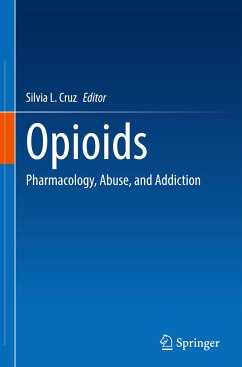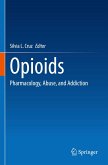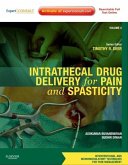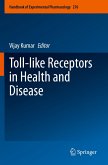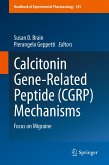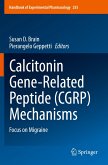Opioids are responsible for the vast majority of preventable deaths related to drug use, and opioid crisis is a serious international health problem. Opioids are also the mainstay in pain treatment and are invaluable tools in palliative care. The purpose of this book is to present an overview of the complex field of opioid pharmacology through evidence-based chapters in clear language backed up with sound scientific evidence, providing researchers and health professionals with a firm understanding of their effects and mechanisms of action. The authors present an overview of the history of opioids from ancient civilizations to the current opioid crisis, covering state-of-the-art advances on opioid-induced signal transduction, opioids in pain management, and the neuroinflammatory effects of opioids. Also discussed are opioid use disorders and their treatment. The authors also review the growing body of evidence of opioid effects on innate and adaptive immune responses, discussing the molecules involved in the crosstalk between opioids and innate immunity receptors to provide an updated view of those compounds as important regulators of inflammation and host defense against pathogens and damage. The overall purpose is to provide the reader with a deeper knowledge of this field despite the complexities associated with the existence of numerous ligands, receptor subtypes, and complex pharmacological profiles. To this end, the chapter authors are specialists in the field who also have extensive experience in teaching, hoping to lend their expertise in translating complex concepts into comprehensive and clear explanations.
Bitte wählen Sie Ihr Anliegen aus.
Rechnungen
Retourenschein anfordern
Bestellstatus
Storno

